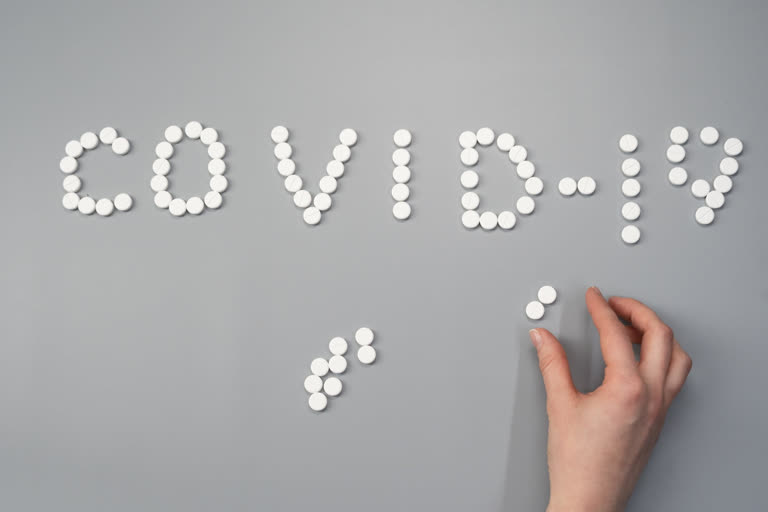New York: At a time when nearly 70 drugs and experimental cocktails are being examined to treat the novel coronavirus (COVID-19), the World Health Organisation (WHO) has announced a global trial called 'SOLIDARITY to find out if any drug can actually treat infections with the new coronavirus.
The trial, which could include many thousands of patients in dozens of countries, has been designed to be as simple as possible so that even hospitals overwhelmed by an onslaught of COVID-19 patients can participate, according to the prestigious journal Science.
Read also:Russia's less COVID-19 cases or information lockdown?
Scientists have suggested dozens of existing compounds for testing but WHO is focusing on what it says are the four most promising therapies.
These are "an experimental antiviral compound called remdesivir, the malaria medications chloroquine and hydroxychloroquine, a combination of two HIV drugs, lopinavir and ritonavir, and that same combination plus interferon-beta, an immune system messenger that can help cripple viruses," said the article in the journal of the American Association for the Advancement of Science (AAAS).
Read also:Virus infections cross 3 lakh as medical supplies dwindle globally
Originally developed by Gilead to combat Ebola and related viruses, remdesivir shuts down viral replication by inhibiting a key viral enzyme, the RNA-dependent RNA polymerase.
The first COVID-19 patient diagnosed in the US -- a young man in Snohomish County, Washington state -- was given remdesivir when his condition worsened and he improved the next day, according to a case report in the New England Journal of Medicine (NEJM).
A Californian patient who received remdesivir recovered as well.
When it comes to Chloroquine and hydroxychloroquine, the "WHO scientific panel designing SOLIDARITY had originally decided to leave the duo out of the trial but had a change of heart at a meeting in Geneva on March 13, because the drugs "received significant attention" in many countries."
The available data are thin and results from COVID-19 patients are murky.
